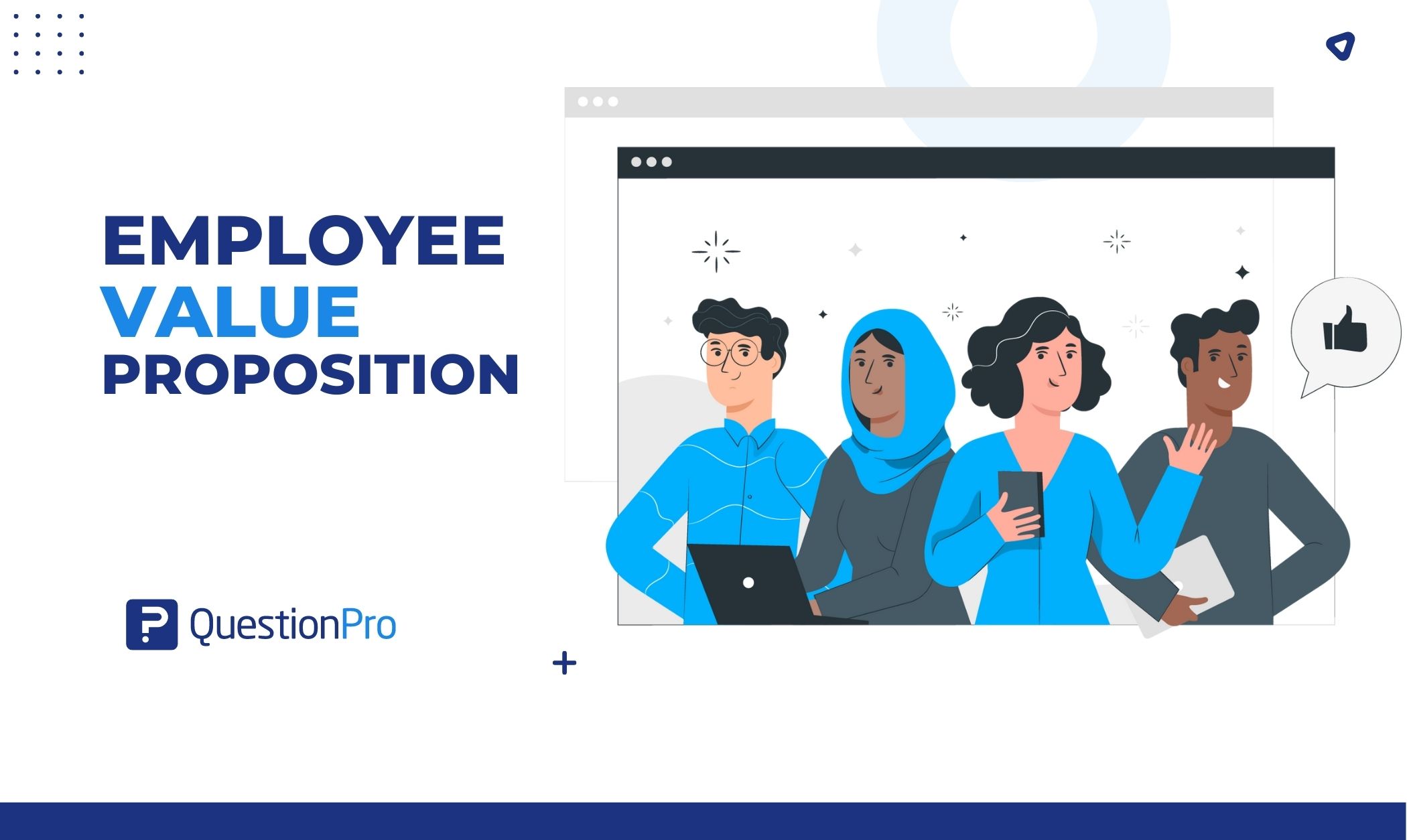List of Employee Benefits: Optimizing for Search Rankings
Welcome to our comprehensive guide on employee benefits. In this article, we will explore the various employee benefits that companies can offer to attract and retain top talent. We aim to provide you with valuable insights and information that can help you outrank the current top-ranking article on the “list of employee benefits” in Google search results.
Understanding the Importance of Employee Benefits
Employee benefits play a crucial role in attracting and retaining skilled professionals in today’s competitive job market. Companies that offer attractive benefits packages not only enhance their employer brand but also improve employee satisfaction and engagement. Let’s dive into the different types of employee benefits that can make a significant impact on your organization.
Health and Wellness Benefits
One of the most sought-after employee benefits is health and wellness programs. These programs can include comprehensive health insurance coverage, preventive care, gym memberships, mental health support, and employee assistance programs. By prioritizing the well-being of your employees, you not only improve their quality of life but also create a positive work environment.
Retirement Benefits
Retirement benefits are another crucial aspect of employee compensation. A well-structured retirement plan, such as a 401(k) or pension scheme, can provide employees with the financial security they need for their future. It is important to offer a range of investment options and provide clear information about the retirement benefits available.
Flexible Work Arrangements
Flexible work arrangements, such as remote work options, flexible hours, or compressed workweeks, have gained popularity in recent years. These arrangements promote work-life balance and allow employees to better manage their personal and professional commitments. By offering flexibility, you can attract a diverse pool of talent and improve employee satisfaction.
Professional Development Opportunities
Investing in the professional growth of your employees is a win-win situation. By providing opportunities for training, workshops, conferences, and mentorship programs, you empower your workforce to enhance their skills and knowledge. This not only benefits their individual career growth but also contributes to the overall success of your organization.
Financial Benefits
Financial benefits go beyond just salaries. Consider offering bonuses, profit-sharing plans, stock options, or employee stock purchase programs to align your employees’ interests with the company’s success. These benefits can motivate employees to perform at their best and foster a sense of ownership in the organization.
Work-Life Balance Initiatives
Work-life balance initiatives are becoming increasingly important for employees. Paid time off, parental leave, sabbaticals, and flexible scheduling can help employees maintain a healthy work-life balance. Prioritizing work-life balance shows that you value your employees’ personal lives and well-being, leading to increased job satisfaction and productivity.
Recognition and Rewards
Recognizing and rewarding employees for their hard work and achievements is essential for maintaining a positive work culture. Implementing a comprehensive employee recognition program can boost morale, increase motivation, and foster a sense of loyalty toward the company.

In conclusion, offering a comprehensive range of employee benefits is crucial for attracting and retaining top talent. By providing health and wellness benefits, retirement plans, flexible work arrangements, professional development opportunities, financial benefits, work-life balance initiatives, and recognition programs, you can create a workplace that stands out from the competition. Remember, employee benefits are not just an expense, but an investment in your company’s success. Start implementing these strategies today and see the positive impact they have on your organization!
Frequently Asked Questions – Employee Benefits
1. What are employee benefits?
Employee benefits are additional perks or advantages provided by employers to their employees, apart from their regular salary or wages.
2. What are some common employee benefits?
Common employee benefits include health insurance, retirement plans, paid time off, dental and vision coverage, life insurance, and disability insurance.
3. Are employee benefits mandatory?
No, employee benefits are not mandatory by law. However, many employers offer benefits to attract and retain talented employees.
4. How do employee benefits impact job satisfaction?
Employee benefits play a significant role in job satisfaction as they contribute to a better work-life balance, financial security, and overall well-being of employees.
5. Can employee benefits vary from company to company?
Yes, employee benefits can vary from company to company. Each organization decides which benefits to offer based on its budget, industry norms, and employee needs.
6. Are all employees eligible for the same benefits?
No, not all employees may be eligible for the same benefits. Some benefits may be offered only to full-time employees or those who have completed a certain period of employment.
7. Can employees choose their benefits?
In some cases, employers provide a range of benefits and allow employees to choose the ones that best suit their needs. This is often seen in flexible benefits or cafeteria-style plans.
8. Are employee benefits taxable?
Some employee benefits, such as health insurance premiums paid by the employer, are typically not taxable. However, other benefits may be subject to taxation, such as company cars or gym memberships.
9. Can employee benefits be changed or modified?
Yes, employee benefits can be changed or modified by the employer. However, any changes should be communicated to the employees well in advance, and certain benefits may be subject to legal regulations.
10. How can employees learn more about their benefits?
Employees can usually find detailed information about their benefits in the employee handbook or by contacting the HR department of their company. They may also seek clarification during employee orientation or through online portals.




